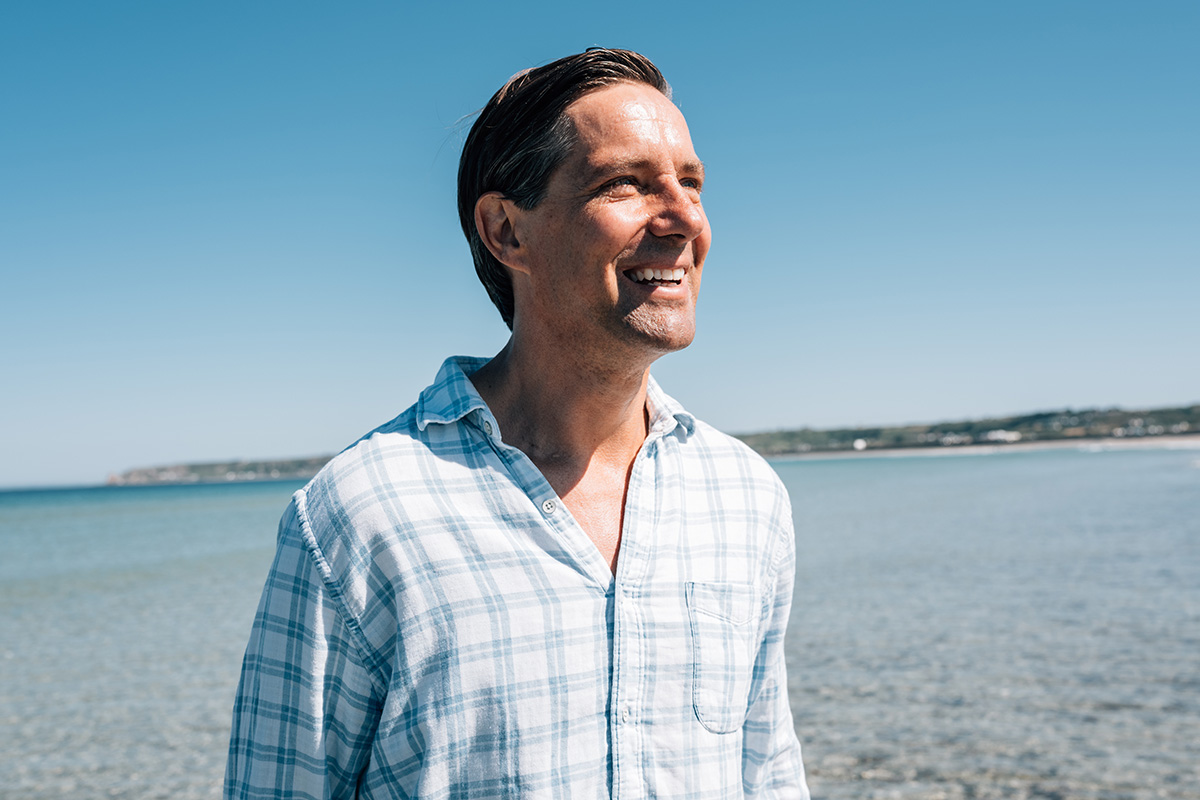
Simon Hodges photographed by Matt Porteous
This month, LUX columnist and life coach Simon Hodges concludes his ‘how to thrive in uncertainty’ series by sharing some practical advice on how to effect positive and lasting change
Over the last few months, I have been exploring why we tend to operate more often in survival mode as a result of our often unconscious programming, otherwise known as our belief systems or (more colloquially) the bullshit stories we believe to be true about ourselves and the world we live in.
Follow LUX on Instagram: luxthemagazine
In today’s column and final part of this series on how to thrive in uncertainty, I explore how we can practically move away from these old fear-based patterns (or beliefs) and learn how to thrive again.
Making change a MUST
As I am an intensely practical person, my focus is on being real and offering you concrete insights into how to effect real and lasting change in your life.
As I said in my last column, change never happens until you first become aware of what is actually going on in your life and you can see both the reality and the negative impact of the beliefs you currently buy into. It is often revelatory to my clients when they first see a written list of their beliefs and just how toxic they are, which leads me onto my first point…
As human beings, we will only ever change our behaviour when it is a MUST to do so; in other words, we all need to hit our leverage point to change and this usually means experiencing so much pain that it becomes intolerable to endure it any longer! If you need help hitting your leverage point, you can ask yourself the following questions:
- What does the predictable future look like for my life and what I want to achieve if I nothing really changes in the next 10 years or even 20 years? What will be my deepest regrets if I allow this to happen?
- What is the impact of my behaviour on my relationships and particularly, those I love the most? What does this look like 5 years from now if nothing changes?
Once you have become aware of what is no longer working for you and have also taken full ownership of it personally (no outsourcing to others with the blame and shame game!), you have to fully commit to doing whatever it takes to make these changes happen.
Change means change!
This leads me onto my second point: change requires a different approach. As Einstein said, the definition of insanity is to do the same thing and expect different results. It sounds achingly simple, almost patronisingly so, but the reality is that most of us try to change by largely doing more of the same and then convincing ourselves that we did everything we could.
Read more: Hermès perfumer Christine Nagel on the emotional power of scent
So here is my challenge to you, if you are 100 % committed to change, you need to start to change the way you show up minute to minute, day to day, week to week and here are some fundamentals to address from the ‘get go’:
- Be curious and open minded – in other words, challenge yourself constantly to see if you can look at any given scenario, any interaction and event differently. What if my way of seeing things was not the only way? What if other perspectives were equally valid?
- Everyone you meet in life is your teacher – for me, this is one of the biggest game changer lessons I learnt. The point here is that everyone who comes into our lives (even those we can’t stand!), can teach us something. More often than not, we learn the most about ourselves and grow exponentially as a person from those relationships which feel the most challenging and push our buttons.
- Adopt a growth mindset – if you really want to change, this is a non-negotiable. Nothing worthwhile in life comes effortlessly, you have to do the work and most of all, you have to consistently push yourself to grow. And you will know you are truly growing when you consistently feel uncomfortable, out of your comfort zone, confused, uncertain and life feels messy! All growth is messy and uncomfortable but it is so worth it in the end when you realise how far you have come and most of all, how differently you now feel about yourself day to day.
This is always the acid test of how successfully you have grown, ask yourself: do I feel different today compared to 12 months ago?
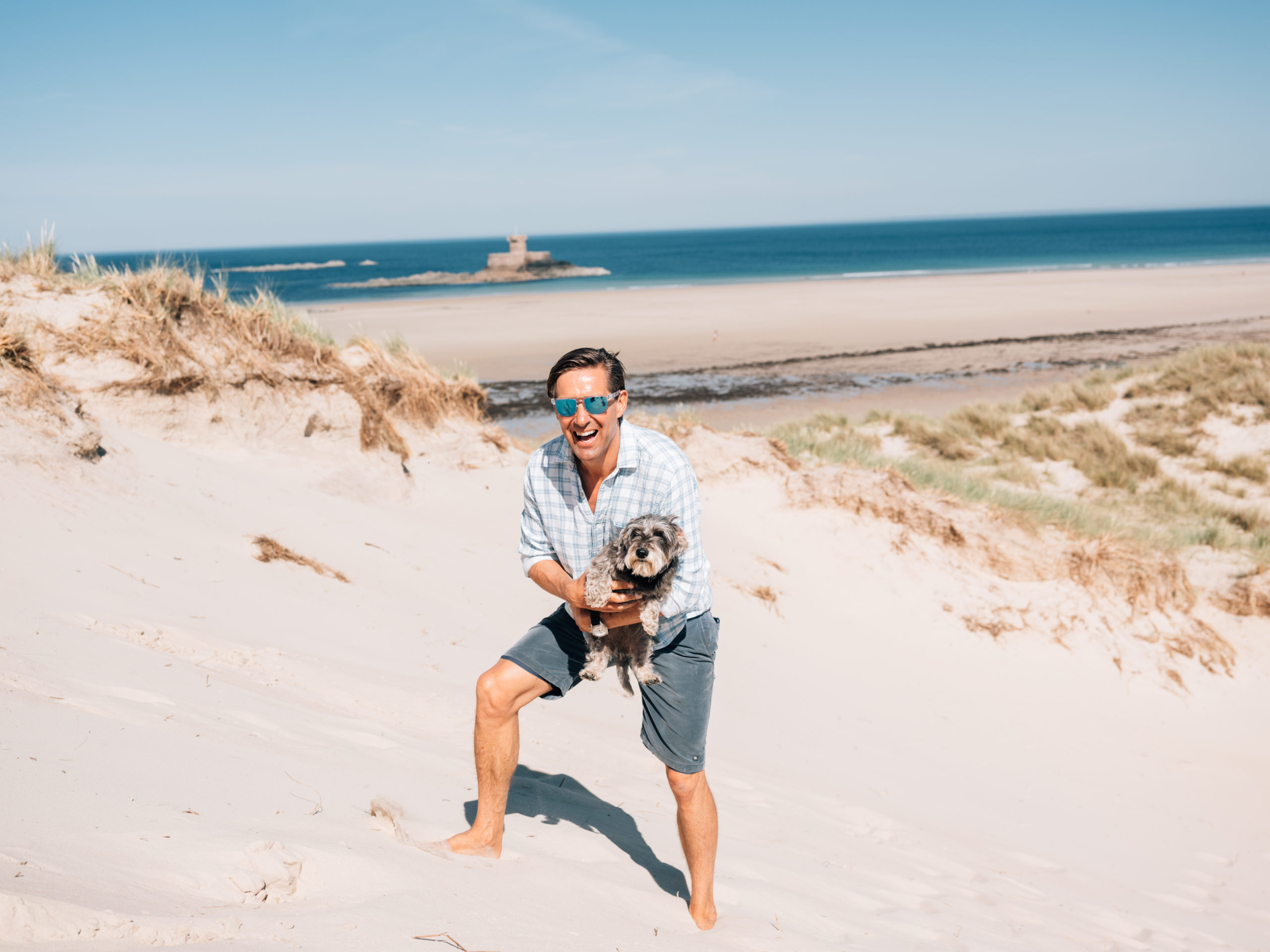
Photograph Matt Porteous
Big change comes from consistently making little changes
If you want proof this is true, take a moment to think about the power of compounding in your finances, or Google some examples, and you will see just how quickly £1 invested every day can grow over a longer period of time.
It’s the same with life. If you want to see positive change and powerful results, first and foremost, you need to be consistent in applying these, often small, changes every day and remain disciplined enough to stay the course.
Get clear about what you want in your life and why you want it
Finally, if you want to make lasting and positive change in your life, focus on what you want your life to look like and most importantly, how you want to feel on a day to day basis.
Getting clarity on all aspects of your vision for your life across your finances, career, relationships, health, personal development, spirituality, fun and adventures is really important as it is the magnet which will pull you forward. The more clarity you have on exactly how you want this to look and the more emotionally invested you are in this outcome, the greater the chances of your success.
The most important part of all is to seek clarity on the emotions you want to feel more of in life and to start doing things today which take you in this direction. If you want more fulfilment, more contentment, more passion or more fun in your life, what sort of things do you need to be doing more of on a daily basis, and what sort of people (if any) should you be doing them with?
Find out more about Simon Hodges’ work: simonhodges.com; @simonhodgescoaching

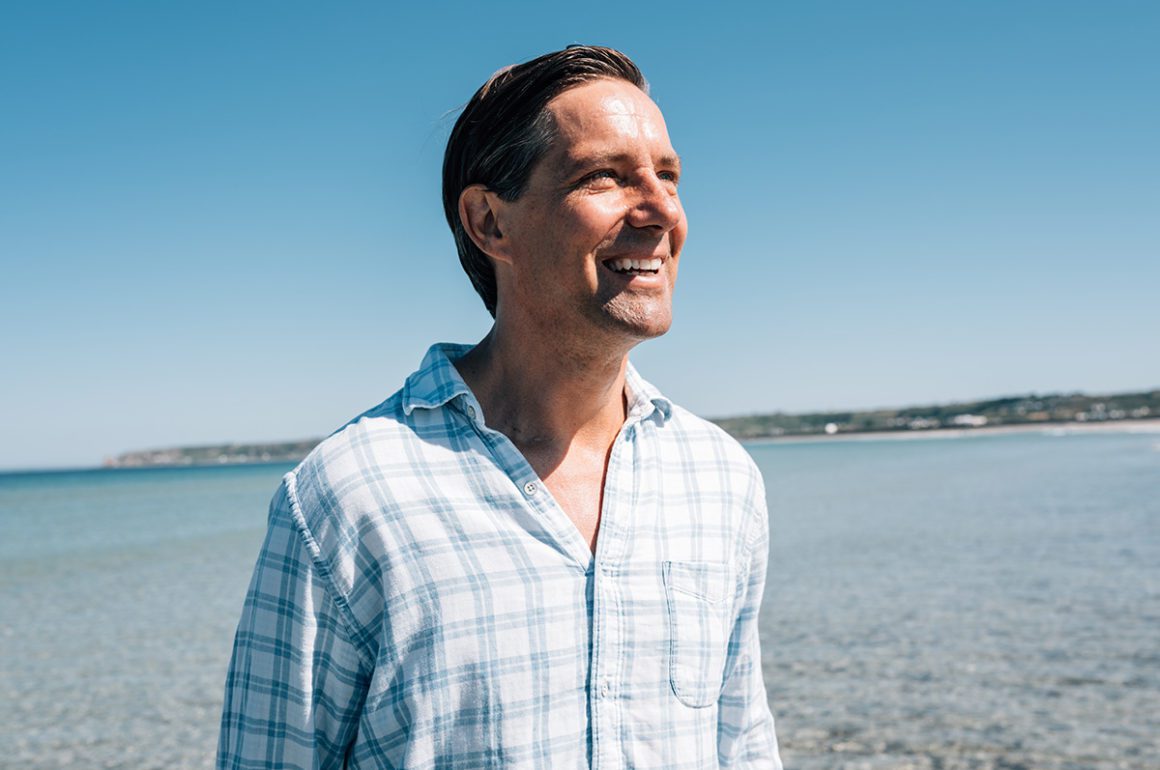

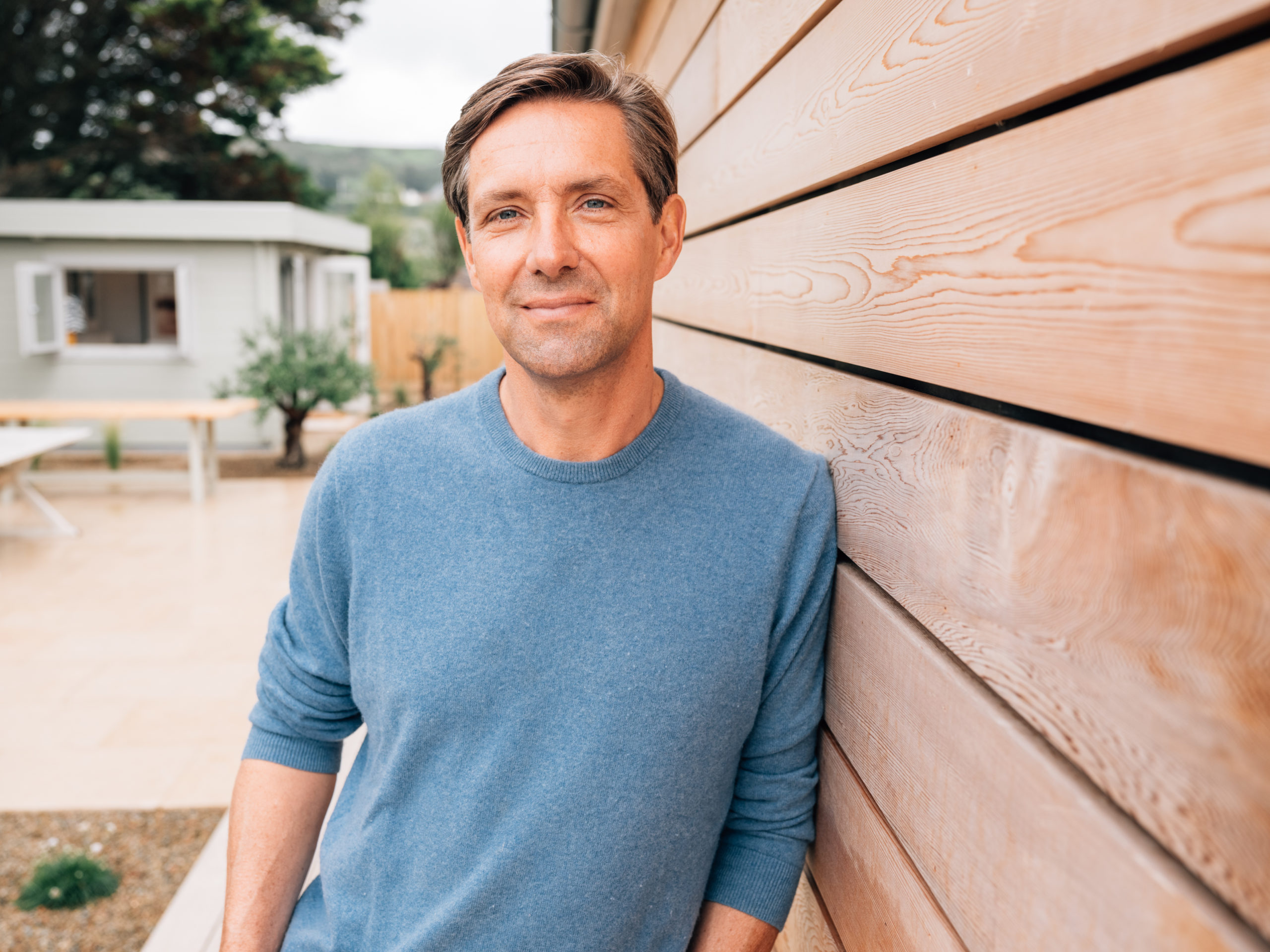
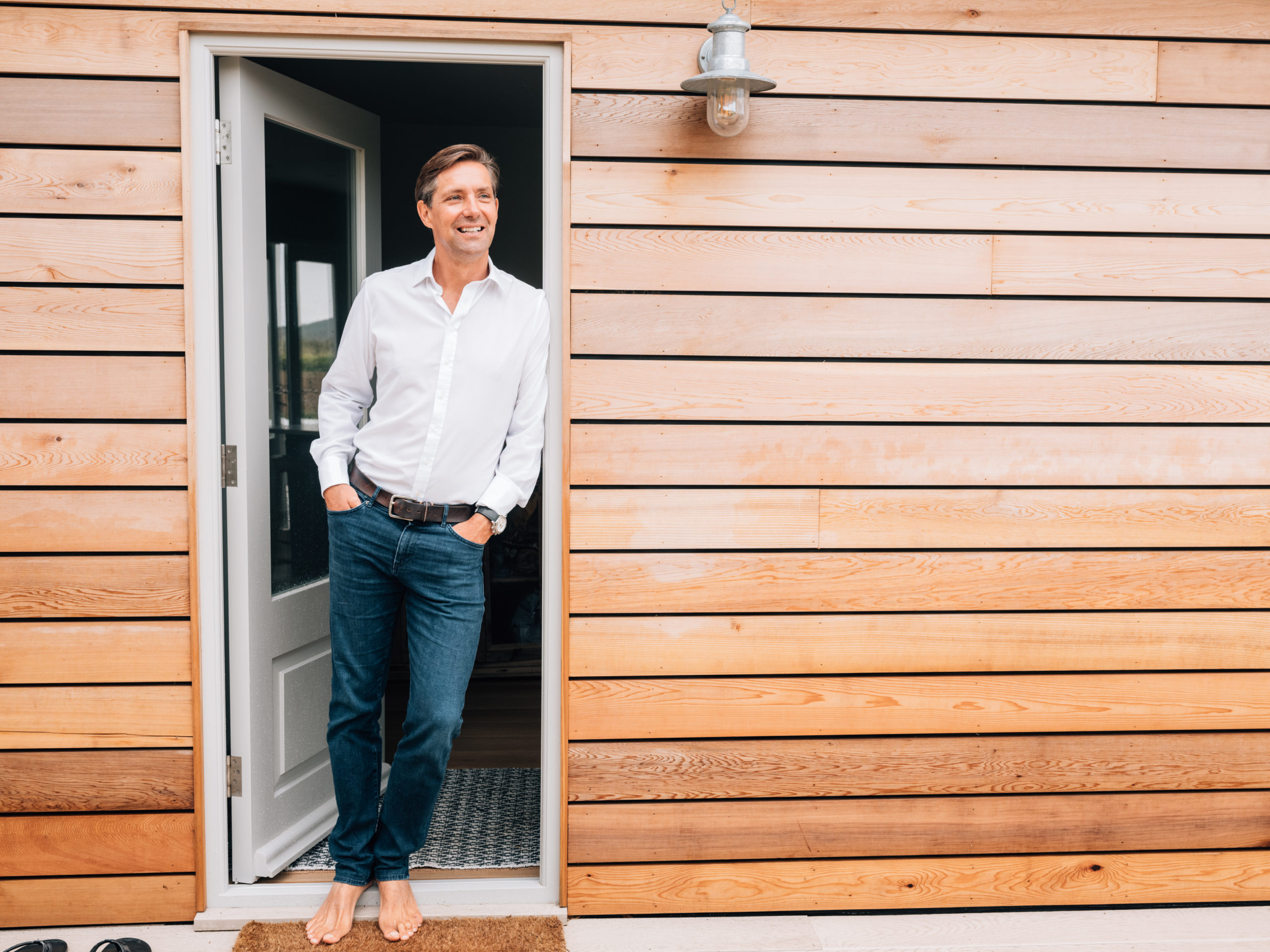
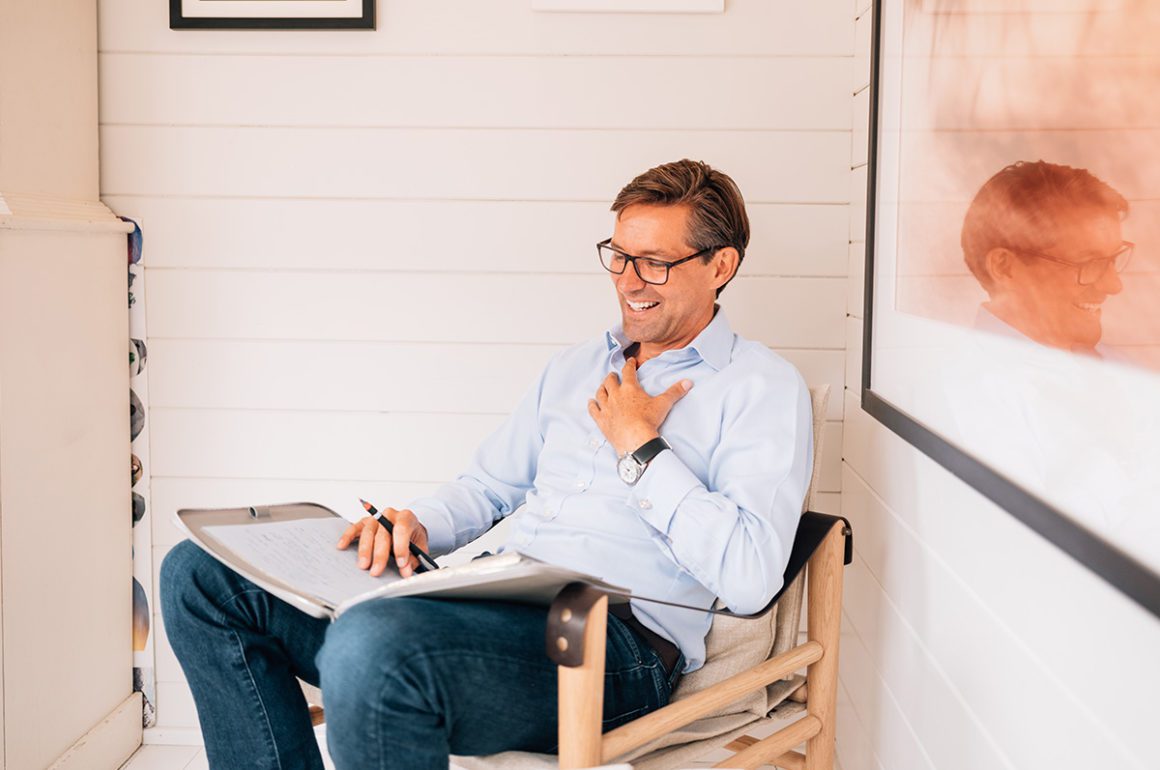

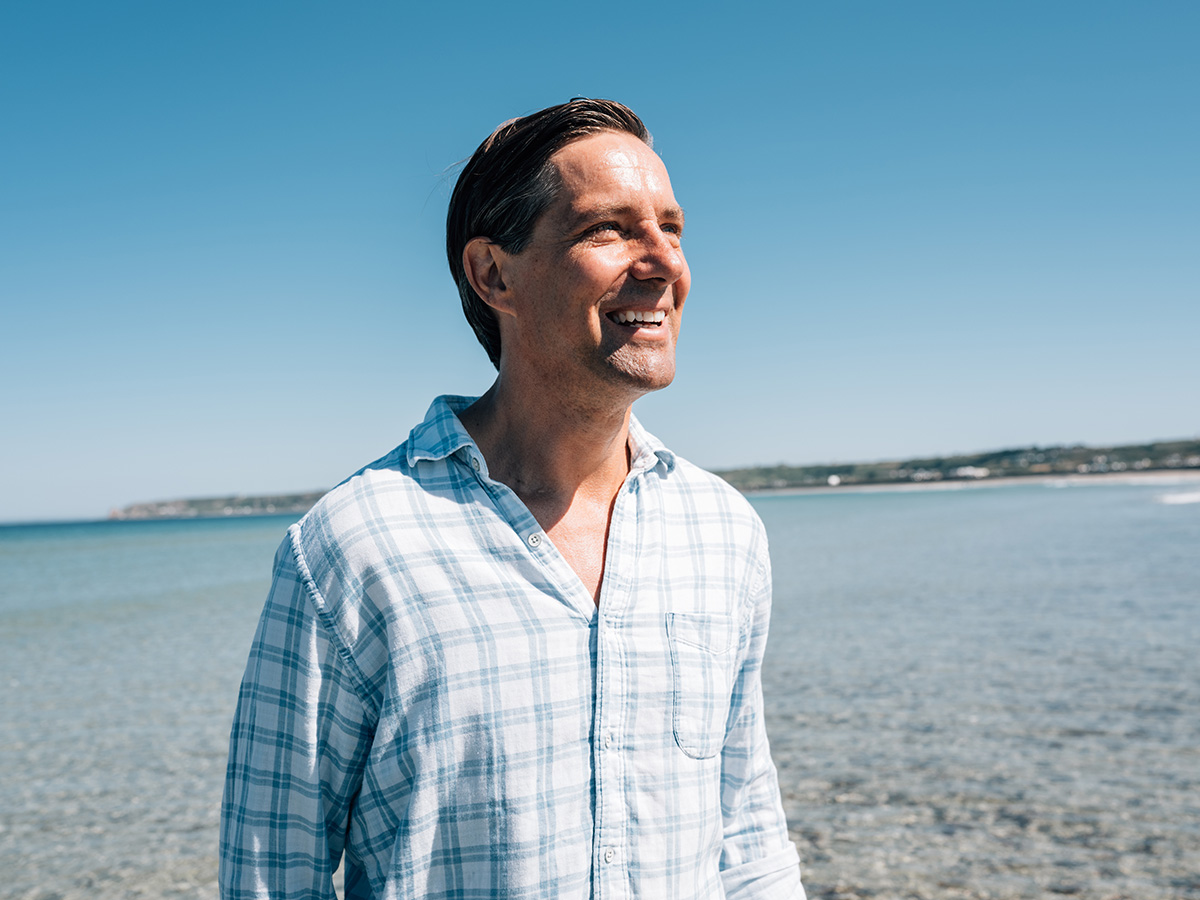





Recent Comments